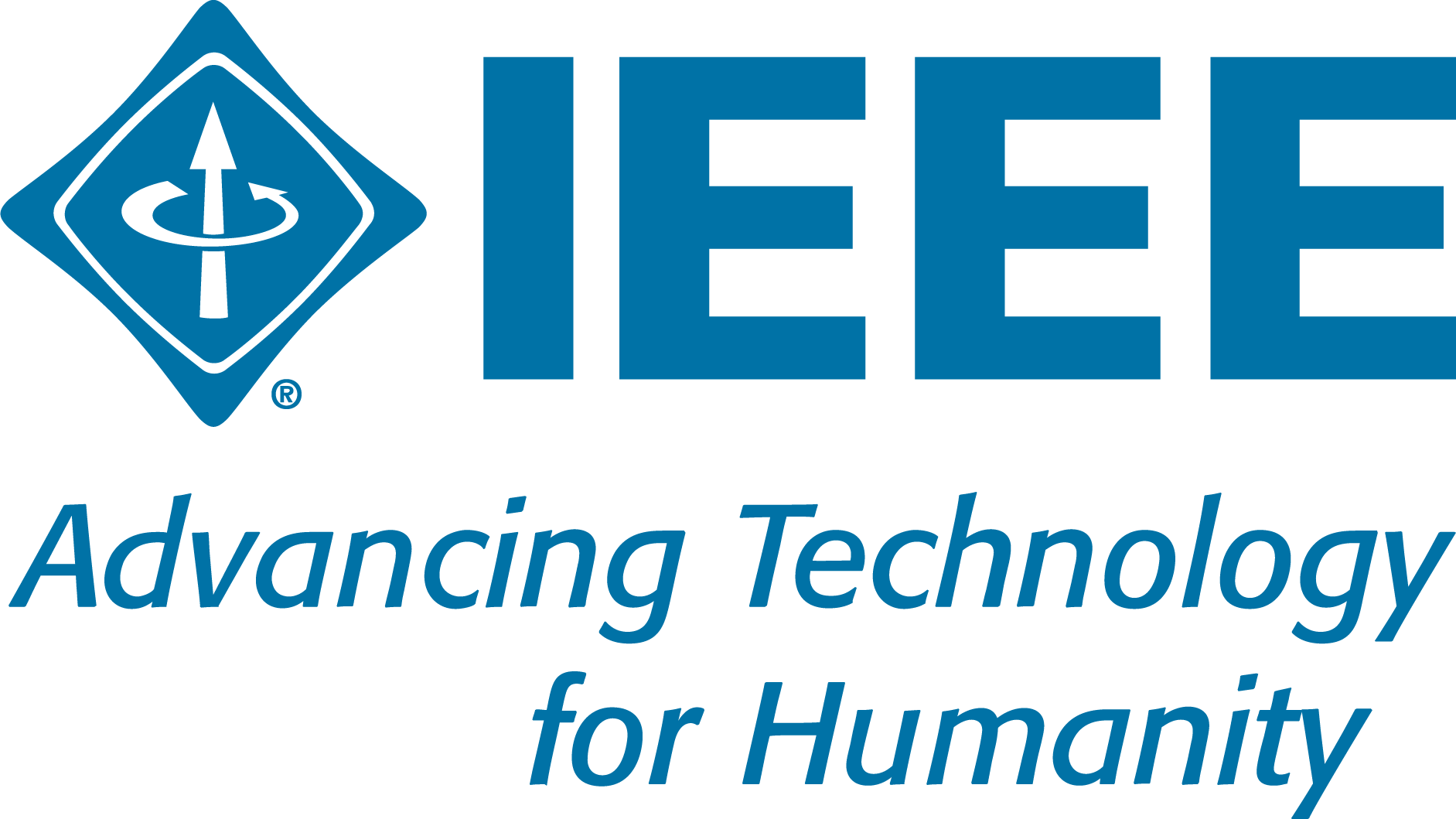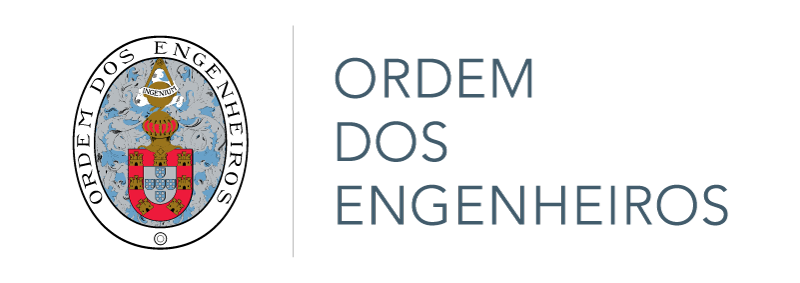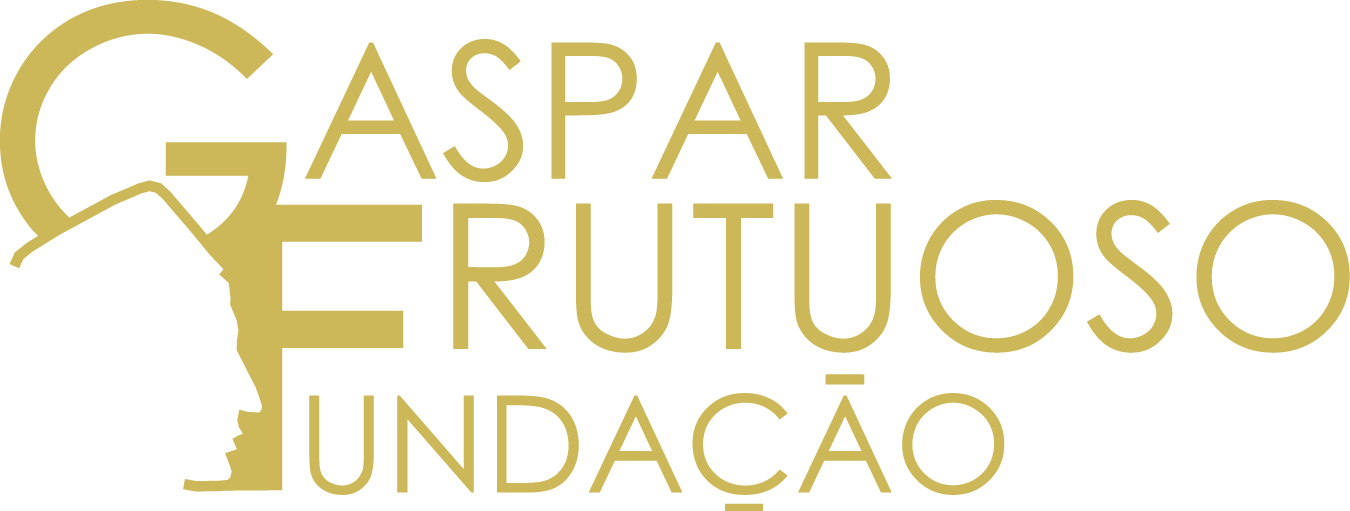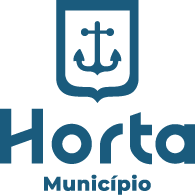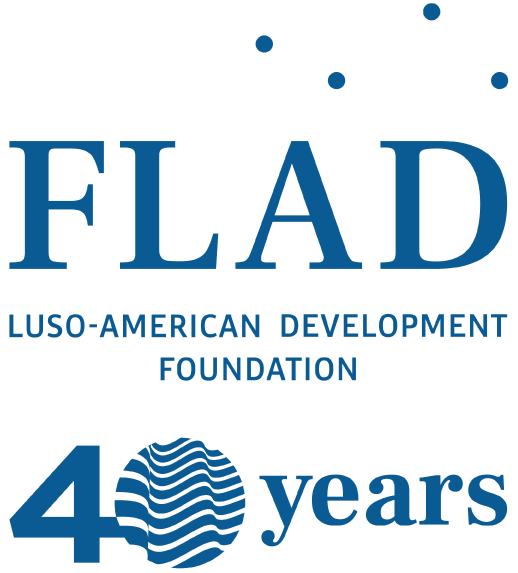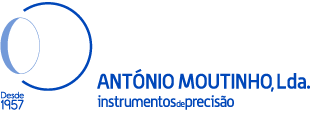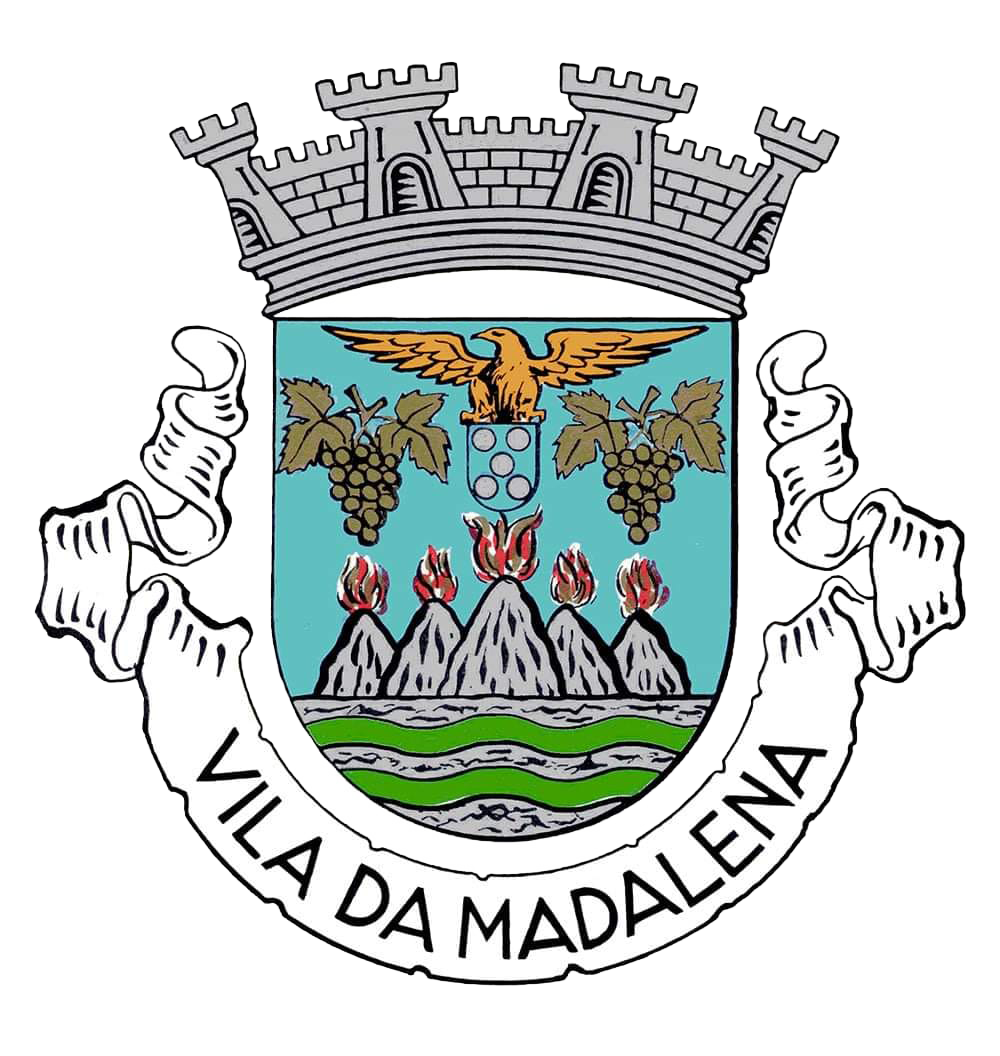
Erwin Rauch's Bio
Erwin Rauch is a Professor for Smart and Sustainable Manufacturing at Faculty of Engineering of the Free University of Bolzano in Italy. He is the Head of the Smart Mini Factory laboratory for Industry 4.0 in Bolzano and founder of the Sustainable Manufacturing Lab at NOI Techpark Bruneck. He received his B.Sc. in Logistics and Production Engineering from the Free University in Bolzano. He also holds a M.Sc. in Mechanical Engineering from the Technical University Munich (TUM) and a M.Sc. in Business Administration from the TUM Business School. He obtained his Ph.D. degree in Mechanical Engineering from the University of Stuttgart with summa cum laude. In parallel to his academic career he worked for 10 years as Associate Partner in management consultancy. He is also the author of over 250 scientific contributions and an expert/member of various associations and organisations (Associate Member EuroScience, Executive Group member of the International Association for Axiomatic Desgin, European Professors in Industrial Engineering and Management EPIEM Steering Board, International Association of Learning Factories).He is member of various editorial boards of renown journals and Editor-in-Chief of Production & Manufacturing Research (Taylor & Francis). Further he was Visting Professor at Worcester Polytechnic Institute (WPI) in United States as well as Chiang Mai University in Asia. His research interest is in Smart Manufacturing and Digital Twins, Decarbonization and Circular Economy, Sustainable Manufacturing, Design of Complex Systems and Engineering Education.
Digital Twin Technologies for Smart and Sustainable Factories
Abstract: Digital Twin (DT) technologies have emerged as a transformative force in the journey towards smart and sustainable manufacturing. But what truly constitutes a "real" digital twin? This keynote presentation explores the essence of digital twin technologies and their critical role in enabling Smart and Sustainable Factories of the future by using data-driven and virtual technologies. By seamlessly integrating real-time data, virtual and mixed reality, simulation, and predictive analytics, digital twins serve as enablers for manufacturing systems that are both intelligent and environmentally sustainable. The presentation highlights several cutting-edge case studies and results of ongoing research projects demonstrating the versatility and impact of digital twin applications. This includes the use of Digital Twins for the design of Mobile Factories for Infrastructure where a digital twin is developed to support the construction of a Hyperloop test track in Switzerland showcasing the potential for flexible, mobile manufacturing solutions. A second use case is the use of digital twins for sustainable and data-driven manufacturing in the ceramics industry looking at one of the largest ceramic tile producers worldwide for reducing environmental impact in energy-intensive industries. A third example is taken from large machinery production where virtual tools are enabling the virtual commissioning and energy-efficient usage of precast manufacturing machinery. A last example is introduced regarding the use of digital twins for virtual and remote learning as a bridge for amdextrous innovation management between academia and industry. Through these examples, the keynote underscores how digital twin technologies not only drive operational efficiency and resilience in different sectors and applications but also serve as a cornerstone for achieving sustainability goals in manufacturing. The session invites researchers, practitioners, and instructors from engineering education to envision a future where digital twins play a central role in reshaping the manufacturing landscape.
Keywords: Digital Twin, Virtual Reality, Simulation, Smart Manufacturing, Sustainable Manufacturing
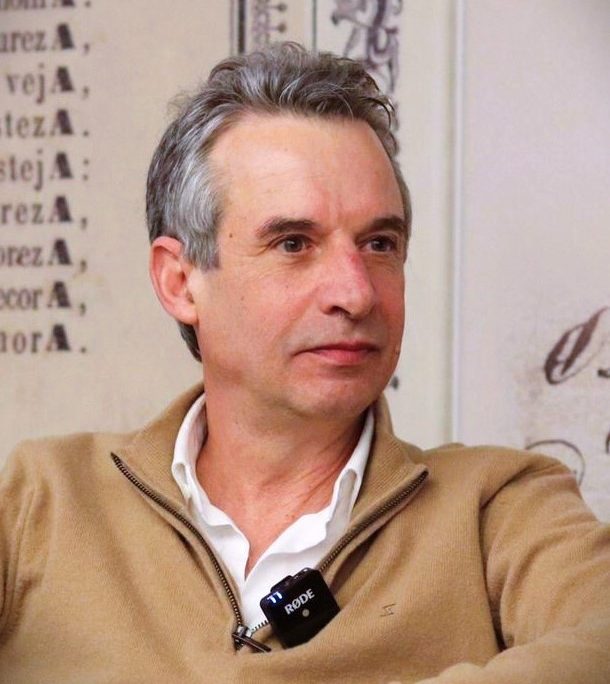
Filipe Porteiro's Bio
Filipe M. Porteiro (FMP) is a marine biologist, PhD, by the Faculty of Science of the University of Liverpool (2005) and licensed by the University of Lisbon (1989). He is deputy director of OKEANOS Institute of Marine Sciences (2023-present) and Vice President of IMAR – Institute of Marine Research (2023-present). FMP was adviser to the Minister of the Sea of the Portuguese Republic (2021-2022), chairman of the Board of Directors of the Association for the Development and Training of the Sea of the Azores (2018-2020), Regional Director of Sea Affairs (DRAM) of the Government of the Azores (2013-2020) and President of the Observatory of the Sea of the Azores (2009-2013). Between 1990 and 2013 and from 2022 to present FMP is senior technician at the Department of Oceanography and Fisheries and Institute of Marine Sciences - OKEANOS, at the University of the Azores. FMP investigated marine biodiversity, biogeography, ecology, ecotoxicology and conservation of the open ocean and deep-sea ecosystems focusing mainly on midwater and deep-sea fishes, deep water corals and cephalopods. He was leading policymaking related to marine conservation (mainly related to European directives and policies), maritime spatial planning; coastal management, applied science to ocean management, blue economy, maritime training and ocean literacy. He has experience on human resources and scientific projects management and leadership. FMP is author and co-author of 54 SCI indexed scientific papers (SCOPUS h-index 26), 18 books and book chapters and more than 150 other technical contributions. He participated in more than 20 working groups and technical committees, 22 international and national oceanographic campaigns and dove in several research manned submarines. FMP organized and contributed to more than 35 educational thematic exhibitions, DVDs production and other ocean literacy initiatives.
Cost-effective deep-sea biodiversity assessments with the Azor drift-cam informed conservation and sustainable management of deep-sea ecosystems
In a landmark achievement for marine conservation, deep-sea scientific research in the Azores has been pivotal in the establishment of the largest network of offshore Marine Protected Areas (MPAs) in the North Atlantic. This historic decision by the Azorean Parliament in October 2024 underscores the significant impact of tailored scientific research on political decision-making. Supported by low-cost technologies and data-driven approaches, the expansion of the Azores Marine Park advances the UN 2030 conservation target of protecting 30% of marine areas in the Azores. The innovative Azor drift-cam has enabled large-scale collection of high-quality underwater imaging data across the Azores' deep seabed. After 350 days at sea, this cost-effective system has generated 1,200 underwater video transects and explored 600 kilometres of seafloor, yielding over 70,000 new biodiversity records. This extensive dataset has revealed unique coral gardens, expansive sponge fields, and diverse fish populations, forming the foundation for science-based recommendations on MPA placements. The Azores MPA expansion demonstrates that low-cost technologies enhance local capacity, foster equitable access to surveying tools, and generate critical data for improving global deep-sea conservation. While protecting 30% of the Azores' marine areas is commendable, we must evaluate whether this political decision is fit for purpose. The effectiveness of the new MPAs depends on the quality and relevance of designated areas for conservation objectives, the effectiveness of their management plans, and the capacity for adaptation as new scientific information emerges.
Keywords: Deep-sea, Low-cost technology, Marine conservation, governance
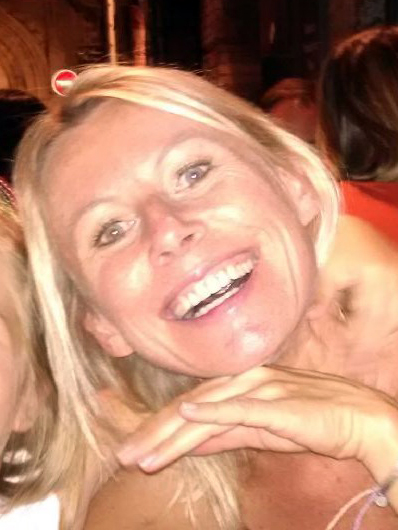
Rachel Schroeder's Bio
Rachel Schroeder was born and raised in the United States, the daughter of a pastor and a nurse. She holds an International Business degree from DePauw University in Indiana, is fluent in French and English and elementary in Spanish. Rachel’s professional background spans nearly four decades in international business leadership, with expertise in corporate communications, human resources, executive development, philanthropy, and partnership management. Rachel has spearheaded global initiatives that champion diversity, youth development, and environmental action, fostering innovation and inclusivity in various industries. She has lived in the southwest of France for the past 30 years and enjoys photography, writing, running, and traveling.
Ethics for a Rapidly Changing World: Navigating Technology, Sustainability, and Division
In a world marked by rapid technological advancements, sustainability challenges, and deepening political and ideological divides, the need for ethics has never been clearer. Engineers and professionals face decisions with profound consequences, often without the comfort of shared global values. Yet even when consensus feels out of reach, ethics offers a crucial common thread — a compass for navigating complexity, fostering responsible innovation, and guiding action with integrity. In this keynote, we’ll explore how lifelong ethical thinking can help students and professionals address societal challenges, make better decisions amid uncertainty, and contribute meaningfully to a world that is increasingly interconnected but far from united.
Keywords: Ethics, Sustainability, Division, Uncertainty; Change
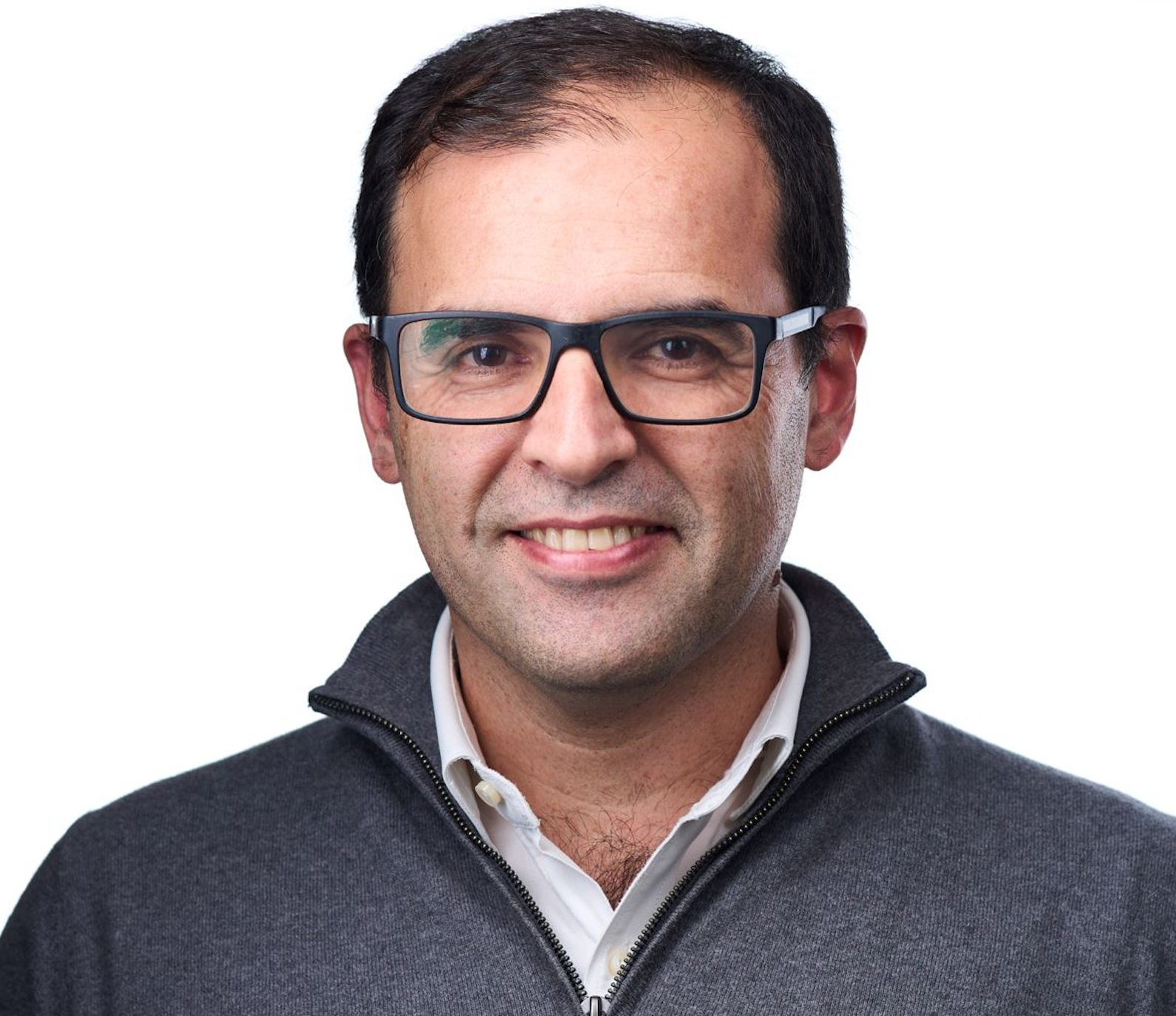
Ricardo Cruz-Correia's Bio
Ricardo João Cruz-Correia is an Associate Professor at the Department of Community Medicine, Information and Decision Sciences, the Faculty of Medicine of the University of Porto (FMUP). In 1996, he obtained a degree in Computer Science from the Faculty of Sciences (FCUP); in 1998, he earned a Master's Degree in Computer Science also from FCUP. He holds a PhD from FMUP in the field of Integration of Hospital Information Systems in 2008. Has more than 300 scientific publications in health informatics. He has collaborated on the implementation of several health information systems. Member of several organizations of health informatics standardization (HL7, openEHR, IPQ CT199, ABNT Brasil), currently president of the Portuguese health informatics association e-MAIS. He has lectured on several curricular units on Medical Informatics (e.g., "Health Information Systems and Electronic Patient Records", "Models of clinical information and health integration standards") in pre- and post-graduation courses. He is currently supervising several PhD and Master's theses on Health Informatics. Co-founder of several UP spin-off companies ( HealthySystems, VirtualCare , PDH and Opvance ). He has recently been involved in several seminars presenting the potential and dangers of using LLMs (e.g. ChatGPT) in higher education and healthcare, standing out as an informed and critical advocate of emerging technologies in teaching and healthcare.
Chatbots that Teach, Algorithms that Explore: AI-Driven Innovation in Nursing Education and Obstetric Research
Artificial Intelligence is reshaping the way we train healthcare professionals and conduct clinical research. This presentation explores two real-world use cases developed in Portugal that combine AI with domain-specific expertise in nursing and obstetrics. The first use case introduces a virtual patient simulator designed for nursing education, powered by natural language processing, clinical ontologies, and adaptive scenario generation. Students interact with realistic chatbots that provide immediate, context-aware feedback while educators receive structured performance insights for formative assessment. The second use case showcases a GPT-based research assistant embedded in an obstetric clinical registry platform. This tool enables healthcare professionals and researchers to formulate complex cohort queries in natural language, receive instant protocol drafts, and access literature syntheses — dramatically reducing the time from question to publication. By bridging simulation-based education and AI-augmented research, these solutions demonstrate how healthcare innovation can be both deeply human and powerfully digital.
Keywords: AI for Virtual Patients, AI for Clinical Research, Clinical Simulation




